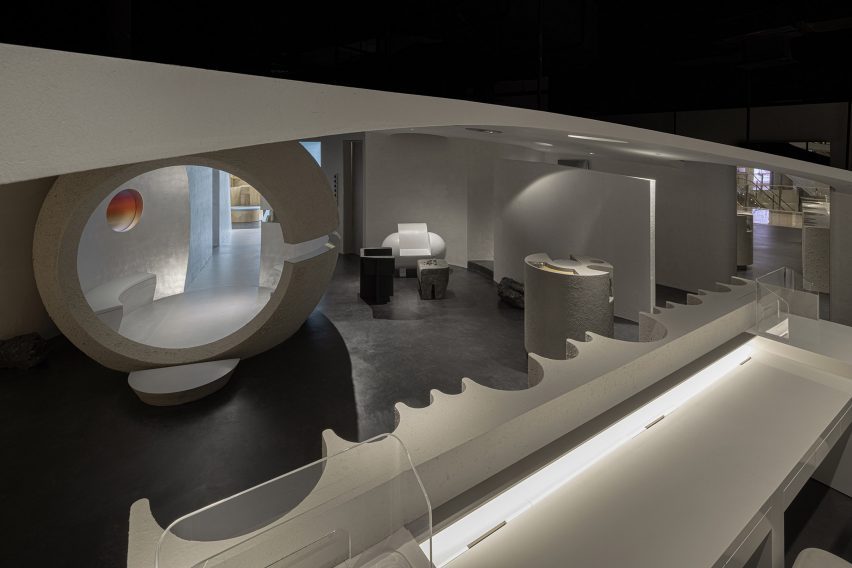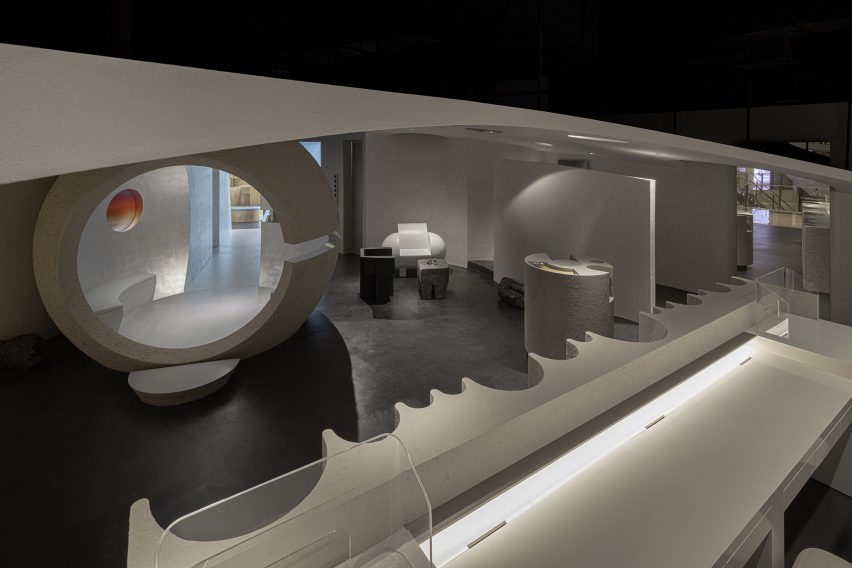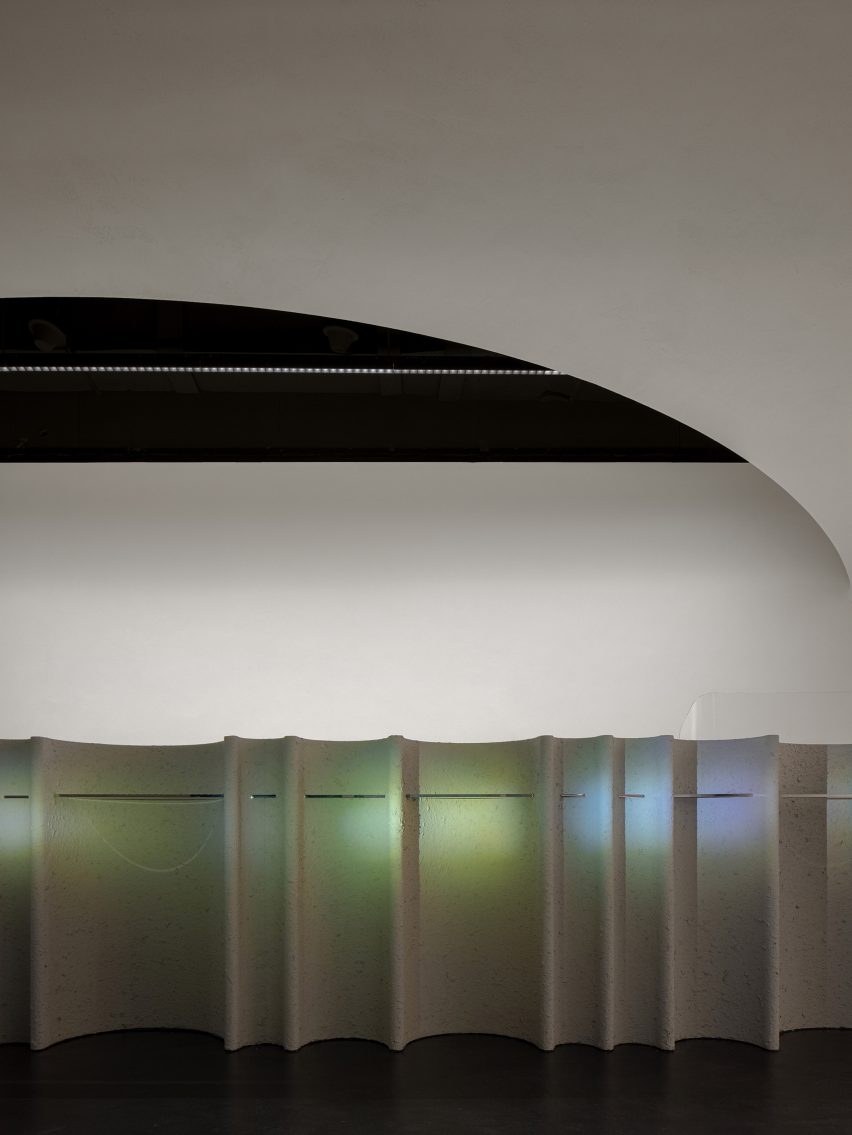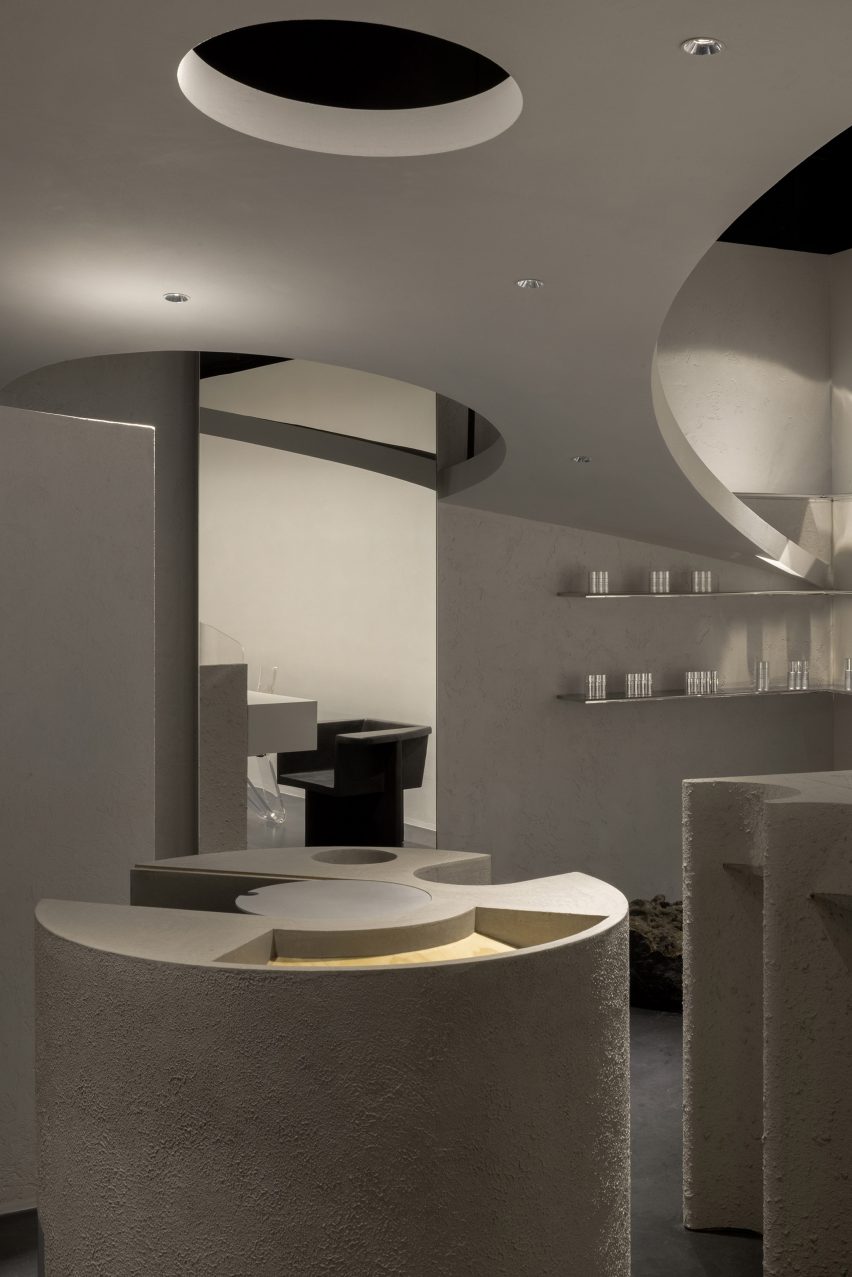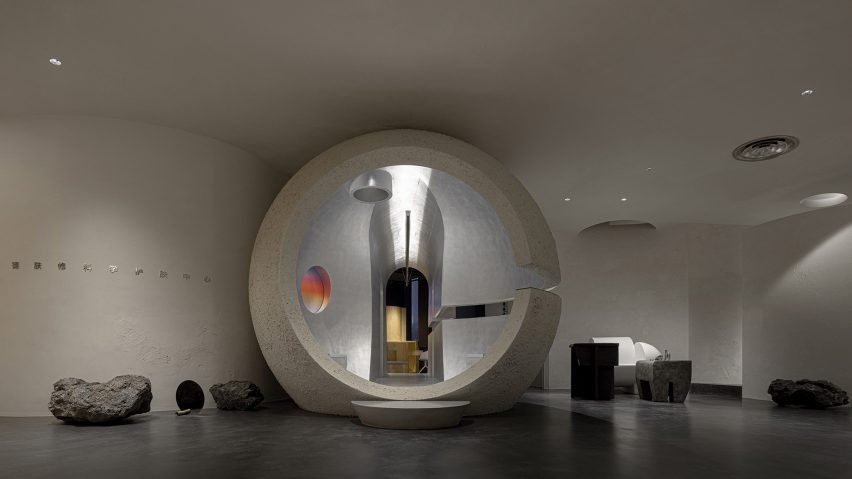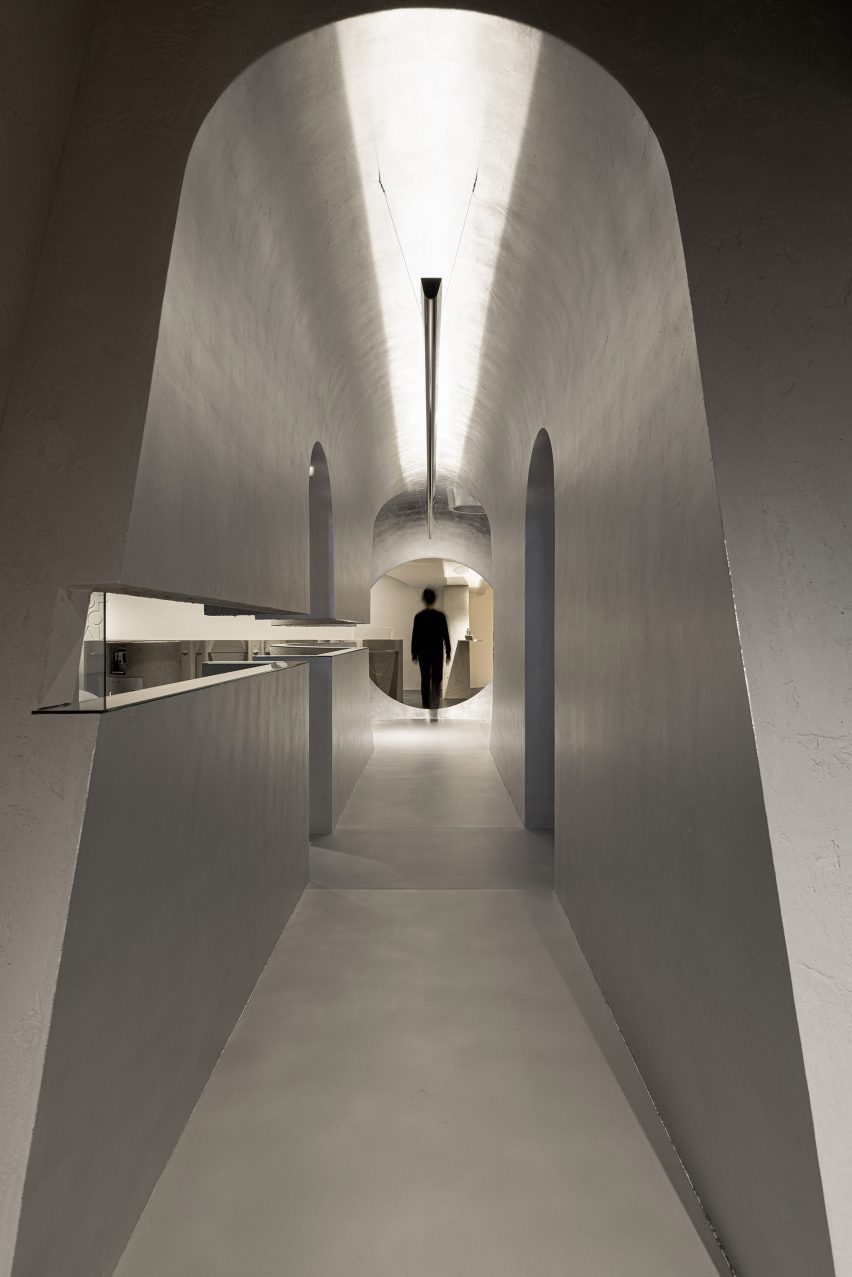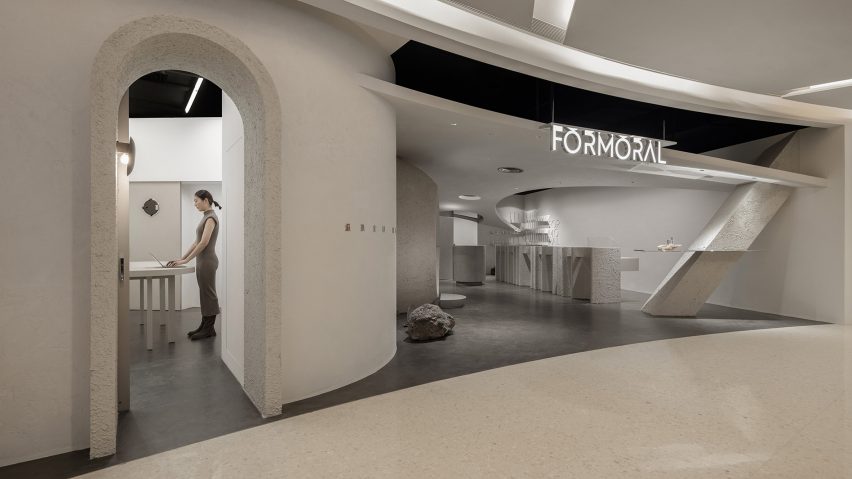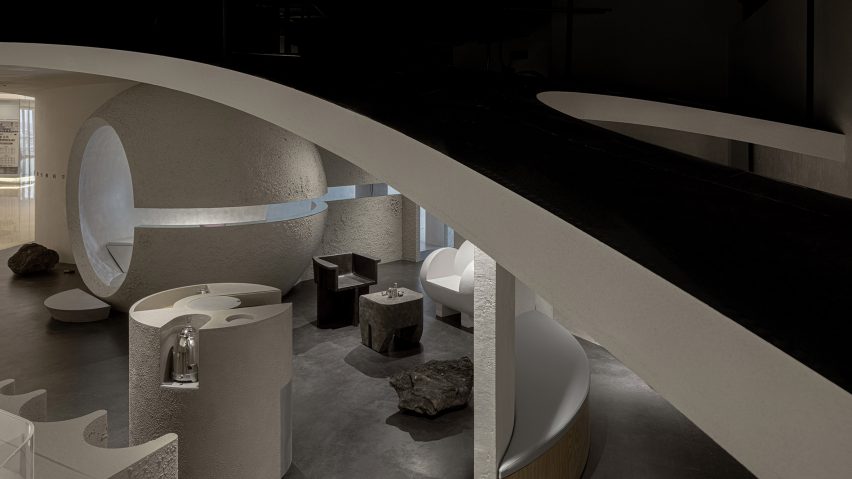3D-printed skincare supplements – Springwise

Spotted: As customers become increasingly aware and invested in health and wellness, demand for nutricosmetics – supplements and foods with beauty benefits – is projected to boom. Indeed, Straits Research estimates the global industry will be worth almost $16 million (around €14.5 million) by 2030.
Nourished, a UK company that creates personalised 3D-printed chewable vitamins, including chewable mouthwash alternatives made in collaboration with Colgate, is joining the growing nutricosmetics industry with new skincare supplements that were unveiled earlier this year.
The vitamins, called SkinStacks, were developed in partnership with skincare brand Neutrogena. Using a smartphone, customers scan their face, and the images are then analysed by Neutrogena’s AI-powered Skin360 software, which assesses more than 2,000 unique skin attributes. Users are then asked to consider what outcomes they’d like to see – more radiant skin or less fine lines, for example – and a recommended combination of nutrients is given. Nourished then 3D prints customised gummies that are based on these recommendations. This stands in contrast with other vitamin brands, who tend to use basic quizzes to guide the ingredients used in personalised supplements.
Because the vitamins are made-to-order, Nourished avoids wasteful overproduction that can leave excess products to expire on shop shelves. And crucially, SkinStacks and other Nourished products combine multiple science-backed ingredients in one supplement. Not only does this save customers unnecessary time and money that would be spent sourcing several different pills – it also cuts out the large volume of plastic packaging that is thrown away when customers buy multiple tubs of vitamin pills. Skinstacks and other Nourished products, in comparison, come in completely recyclable plastic-free packaging, including home-compostable wrappers.
There’s a plethora of innovators out there looking to make the beauty industry more sustainable. In the archive, Springwise has also spotted cosmetics made from unsold fruit and a plant-based beauty brand.
Written By: Matilda Cox


